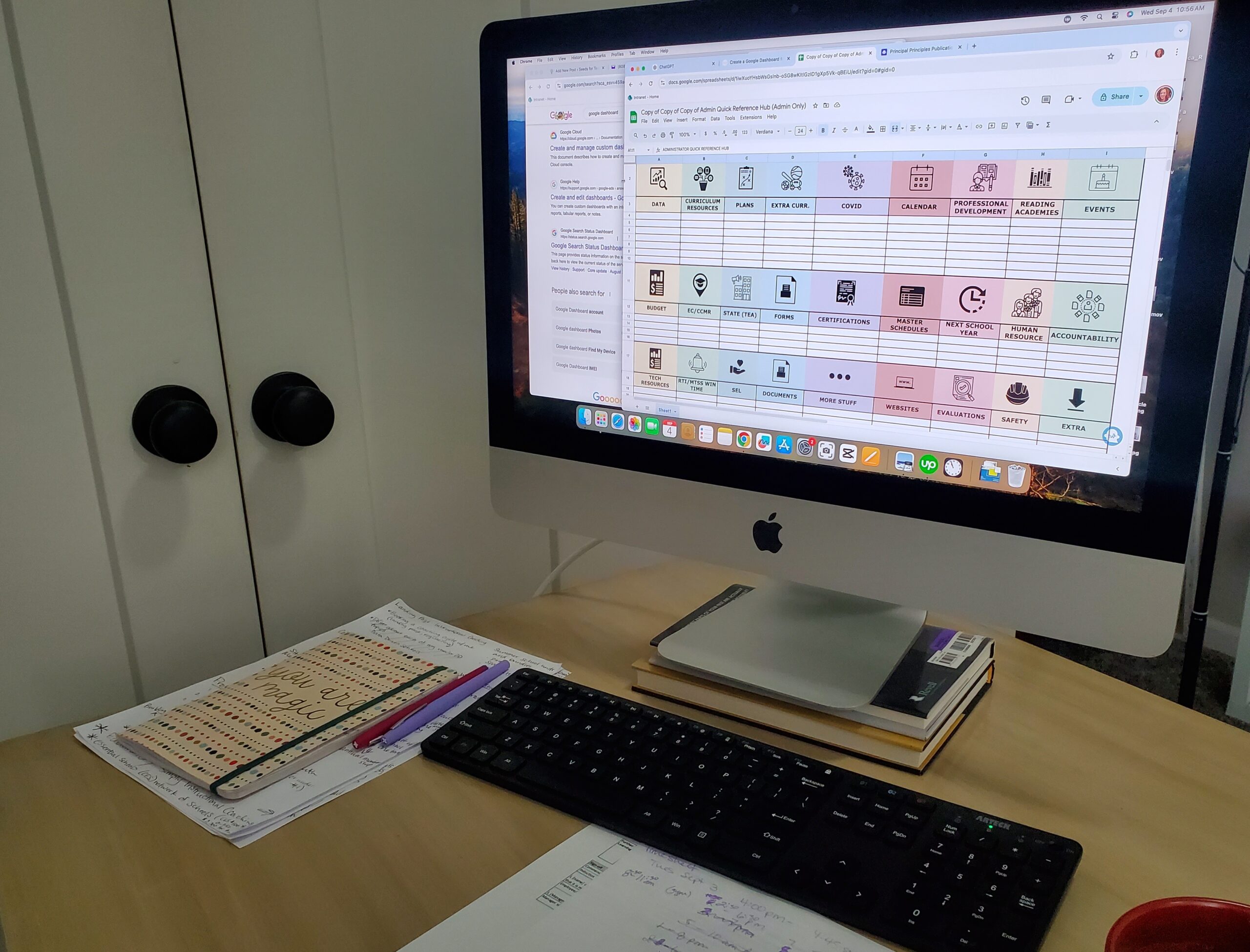As an instructional coach, your role is pivotal in supporting teachers, enhancing classroom instruction, and improving student learning outcomes. However, to make the most significant impact, you need more than just good intentions – you need data to inform your decisions, evaluate progress, and measure effectiveness. Tracking the right data can help you pinpoint areas for growth, adjust strategies, and…
Why You Should Stop Grouping Students By Ability
I’m a firm believer in group work. It is a highly effective learning strategy when done correctly. In addition to supporting students academically, it also builds students’ social skills, problem-solving skills and a strong classroom culture around accepting and valuing everyone. However, I often see teachers grouping their students the same way every time. Whether they group them by ability…
Three Effective Strategies for Supporting Diverse Learners
In today’s classrooms, diversity is the norm rather than the exception. As educators, it’s our responsibility to create inclusive environments that cater to the varied needs of all students. Here are three effective strategies to support diverse learners: 1. Differentiated Instruction Differentiated instruction is a teaching approach that tailors learning experiences to meet individual student needs. By varying content, process,…
The Number One Organizational Tip for School Administrators
How many times have you struggled to find a particular document you need? Having to search through your digital folders or scroll back through old emails. The alternative that many people use is having a bazillion tabs open on their computer browser. The tabs are then so small that you can’t even tell which tab is for what website or…
5 Time-Saving Tips Every Teacher Should Know
Teaching is a rewarding yet demanding profession, and managing your time effectively is crucial to maintaining a healthy work-life balance and ensuring you can deliver the best education possible. With lesson planning, grading, meetings, and student interactions, it’s easy to feel overwhelmed. If you’re looking for ways to streamline your workload and reclaim precious hours, here are five practical time-saving…
Fostering Dynamic Discussions: 7 Strategies to Boost Classroom Engagement
Creating an environment where students actively participate in discussions can transform your classroom into a vibrant learning community. When discussions are lively, students are more engaged, critical thinking is stimulated, and deeper learning occurs. If you’re looking to elevate the level of discussion in your classroom, here are seven effective strategies to consider: 1. Create a Safe and Inclusive Environment…
Transform Your Teacher’s Lounge With These 10 New Ideas
Tired of your boring old teacher’s lounge? Is your teacher’s lounge just a dumping ground for unused items in your school? It shouldn’t be! The teacher’s lounge is a great place for teacher’s to be able to relax and connect with others. If it is beautiful and inviting they will want to spend time there. Utilize your teacher’s lounge space…
Back to School Series: Building Rapport With Students
Building relationships with your students and between students is one of the most important things you can you to improve learning and behaviors in your classroom. Research has proven that students need real connections with adults in their life in order to thrive. Here are some ways you can begin building rapport with students this year. Share Things About Your…
Back to School Series: Make Rules and Routines Fun
It’s the beginning of a new year. Many students burst out of bed, excited for what the first day of school will hold. They are excited to see who’s in their class, find out what kind of teacher you are, and leave their parents (or babysitters) behind. Then, they enter the classroom and the typical teacher spends the first couple…
Back to School Series: My Favorite Classroom Management Systems
Every teacher needs some kind of classroom management system. You might already have something in place school-wide but you need something of your own too. You might even rotate different management systems throughout the year. There have been a few years when I had a very challenging or talkative class. I found myself having to change my classroom management system…









